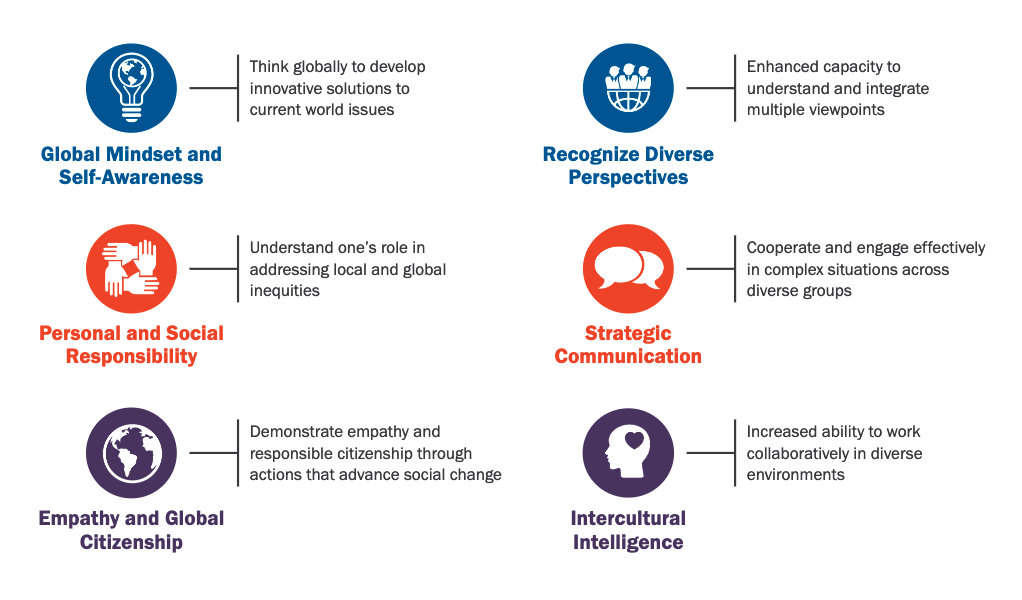Program Learning Outcomes and Curriculum
Your program curriculum is designed to ensure graduates acquire the essential skills, knowledge, and attitudes appropriate and relevant to both the needs of students and employers.
Program Vocational Learning Outcomes
Program vocational learning outcomes describe what graduates of the program have demonstrated they can do with the knowledge and skills they have achieved during their studies. The outcomes are closely tied to the needs of the workplace. Through assessment (e.g., assignments and tests), students verify their ability to reliably perform these outcomes before graduating.
The program vocational learning outcomes for this program are
- develop and maintain relationships with children, youth and their families applying principles of relational practice and respecting their unique life space, cultural and human diversity
- assess and respond to the strengths and needs of children and youth, including complex responses impacted by developmental, environmental, physical, emotional, social and mental health challenges in order to promote positive change.
- analyze and evaluate the impact of the inter-relationship among family, social service, justice and community systems on children, youth and their families and use this information in the planning of holistic care and in the reduction of systemic barriers.
- plan, implement and evaluate interventions using evidence-informed practices in the areas of therapeutic milieu and programming, and group work to promote resiliency and to enhance development in children, youth and their families
- apply communications, teamwork and organizational skills within the inter-professional team and with community partners to enhance the quality of service in child and youth care practices
- develop and implement self-care strategies using self-inquiry and reflection processes to promote self-awareness and to enhance practice as a child and youth care practitioner
- use evidence-based research, professional development resources and supervision models to support professional growth and lifelong learning.
Essential Employable Skills (EES) are skills that, regardless of a student’s program or discipline, are critical for success in the workplace, in day-to-day living, and for lifelong learning. Graduates will reliably demonstrate abilities in six skill categories:
Global Citizenship and Equity Learning Outcomes
There are six Global Citizenship and Equity (GCE) learning outcomes integrated into Diploma and Advanced Diploma programs as a component of Centennial’s Signature Learning Experience (SLE). The SLE reflects the College’s promise to provide students with a distinctive and inclusive educational experience that builds on a foundation of global citizenship, equity, and social justice. Certificate and Graduate Certificates also include at least two GCE learning outcomes. The GCE learning outcomes are:
- Identify one’s role and responsibilities as a global citizen in personal and professional life.
- Identify beliefs, values and behaviours that form individual and community identities and the basis for respectful relationships.
- Analyze issues of equity at the personal, professional, and global level.
- Analyze the use of the world’s resources to achieve sustainability and equitable distribution at the personal, professional, and global level.
- Identify and challenge unjust practices in local and global systems.
- Support personal and social responsibility initiatives at the local, national, and global level.
Global Citizenship and Equity Portfolio
As a component of the SLE, Diploma and Advanced Diploma program students will complete the Global Citizenship and Equity (GCE) Portfolio. Building the GCE Portfolio is a process of documenting your GCE learning. Each item selected for inclusion in the portfolio demonstrates growth and understanding of Global Citizenship and Equity within your program of study.

Students are encouraged to develop their GCE Portfolio beginning in their first semester. You will add artifacts from coursework and accompanying reflections as well as artifacts arising from co-curricular activities, volunteering, etc. to your portfolio as you progress through the program. You are encouraged to use the ePortfolio tools available on eCentennial, as well as to develop an online professional portfolio presence through LinkedIn and/or other personal websites/blogs.
Curriculum Frameworks
The CYC professors work collaboratively in preparing curriculum that allows you to utilize prior experiences and scaffold learning as you complete the program. Textbooks are carefully chosen and when possible are used for several courses throughout the six semesters. All of your professors have extensive experience working with children, youth and their families in many different environments and they will share those experiences while enriching the content they are teaching. All CYC courses must have a minimum “C” (60%) grade to be successful in the courses. Review the model route to review courses that have co-requisites and pre-requisites. All year one courses must be completed to be eligible for second year field, and all second year courses must be completed to be eligible for third year field.

